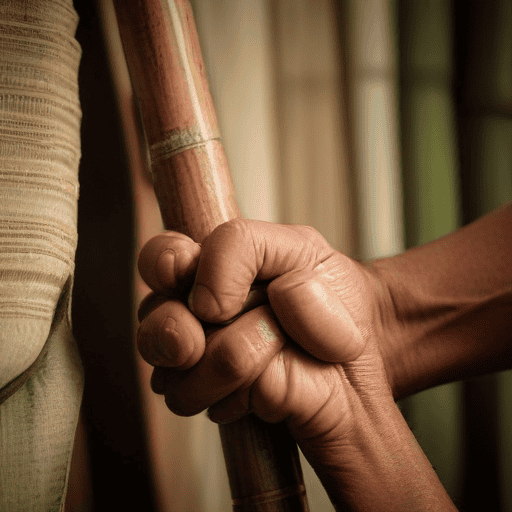In Nasinu, despite the government’s efforts to enhance social protection benefits, many bedridden seniors living in poverty are still not receiving the support they need. Volunteers play a crucial role in providing assistance to these vulnerable individuals, offering companionship and basic care.
A recent focus by an advocacy group highlighted the financial struggles faced by aged-care facilities, but this week the attention shifted to seniors who live independently and are outside of institutional care. During a visit to the Muanikoso informal settlement, home to families from various backgrounds, community health worker Margaret Bennion shared the challenges faced by seniors in her neighborhood.
At nearly 70 years old, Bennion has dedicated over thirty years to her community in Muanikoso. She works tirelessly to assist elderly residents who depend on her for essential support, often responding to urgent requests such as changing adult diapers or providing transportation for medical emergencies. The poverty experienced by these residents has been largely overlooked by policymakers, despite the significant struggles faced by families trying to make ends meet.
Government-provided financial assistance, such as the monthly social pension of FJ$150 for seniors over 70, is insufficient to cover living expenses, according to Bennion. She advocates for additional resources, such as special vouchers for costly adult diapers, highlighting the immediate need for governmental support.
Reports from community leaders reveal that many seniors live in dire conditions, facing health and sanitation challenges due to a lack of basic resources. Despite the existence of the National Council of Older Persons (NCOP) and other bodies aimed at improving conditions for seniors, advocates express that progress has been slow.
Amidst these challenges, there are encouraging signs of community resilience. Recent events organized by local volunteers have fostered camaraderie among seniors, allowing them to socialize and share experiences, which can significantly enhance their quality of life. These gatherings not only benefit the elderly participants but also serve to strengthen community bonds and encourage a more inclusive environment.
Looking ahead, there are plans to create more opportunities for engagement among senior citizens across various neighborhoods. Advocates are hopeful that by showcasing successful community initiatives, they can inspire broader support and resources from stakeholders.
Bennion emphasizes her commitment to her community, driven by her own experiences and desire to make a positive impact. Her ongoing efforts reflect a heartening spirit of volunteerism that persists despite the struggles faced by many. The community’s response signifies that with dedicated advocacy and grassroots support, the plight of the elderly can gain the attention it urgently needs.
In summary, while there are significant challenges facing bedridden seniors in Nasinu, the tireless work of volunteers like Margaret Bennion and community initiatives provide a beacon of hope. By continuing to advocate for systemic changes and supporting local engagement, there is potential for improvement in the lives of these vulnerable individuals.

Leave a comment